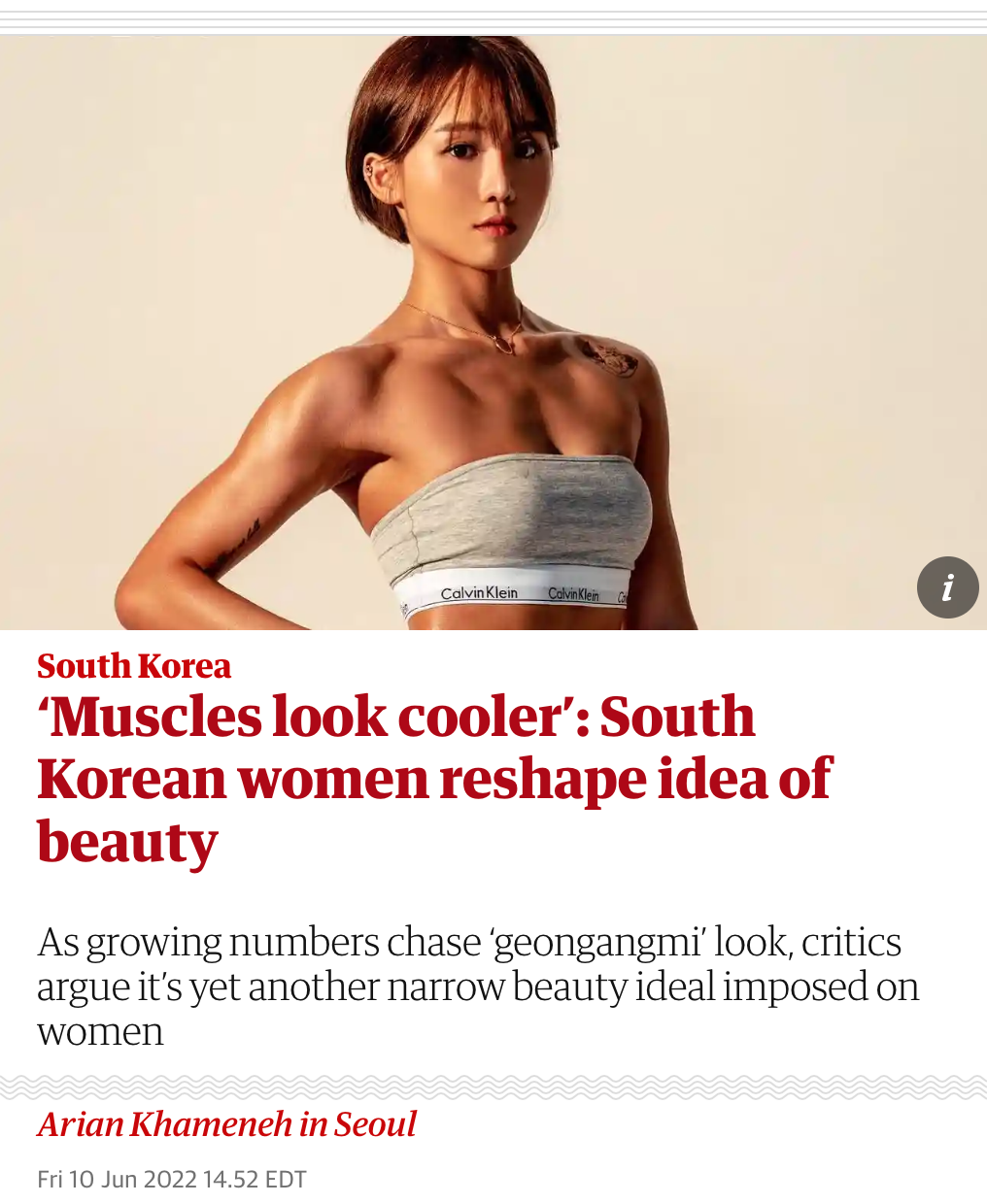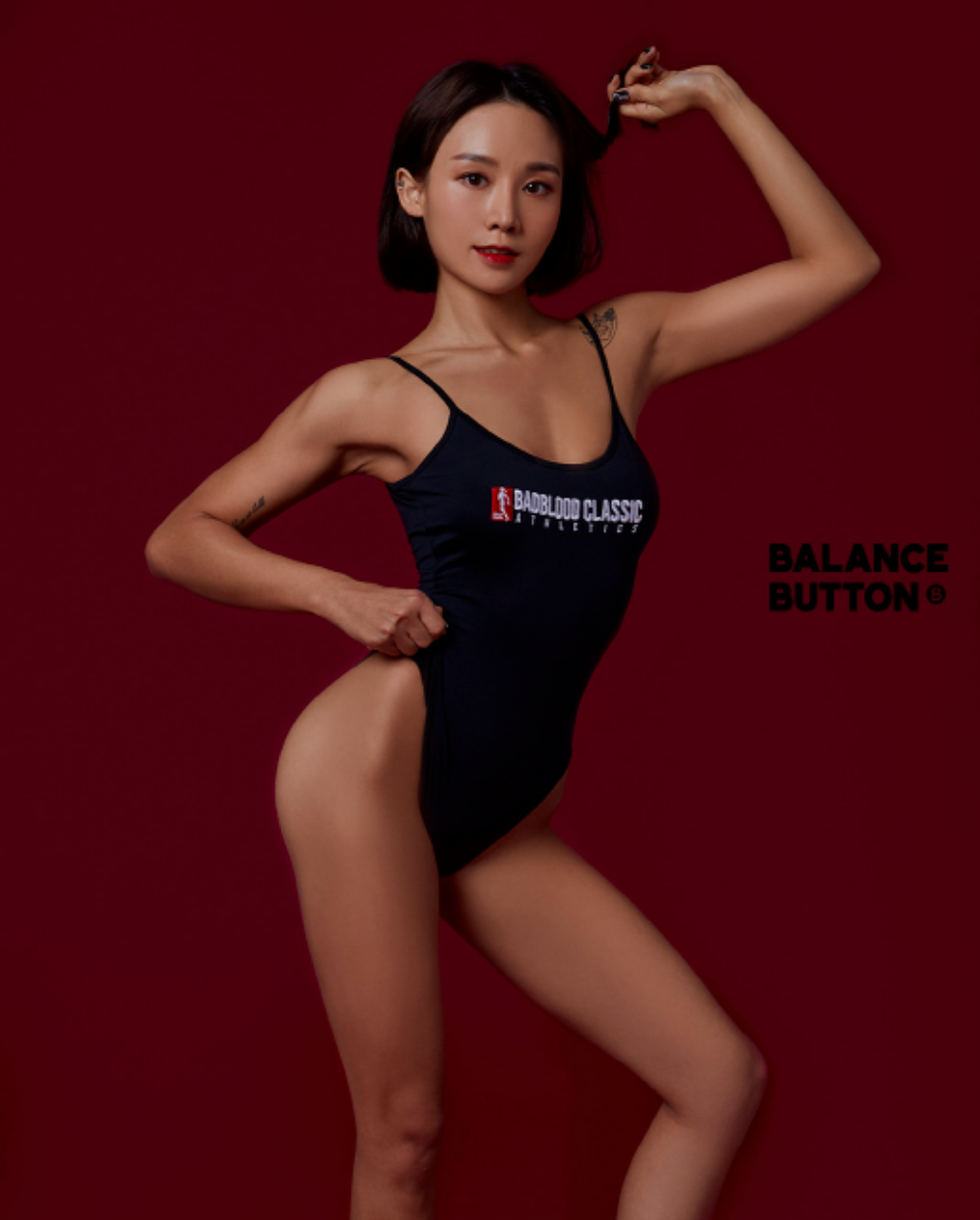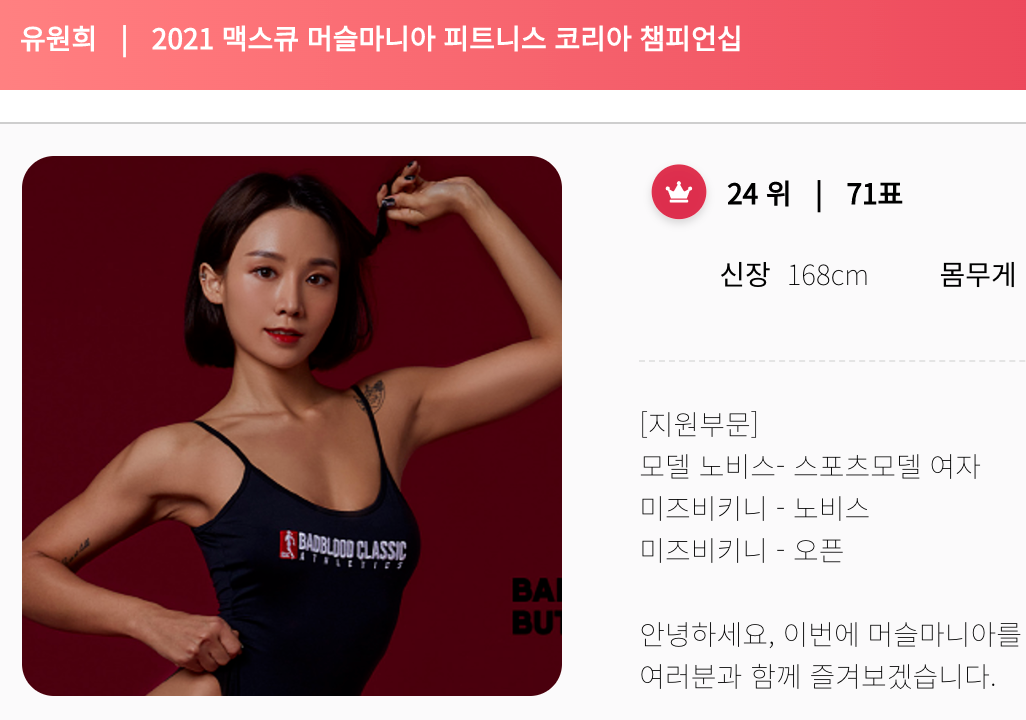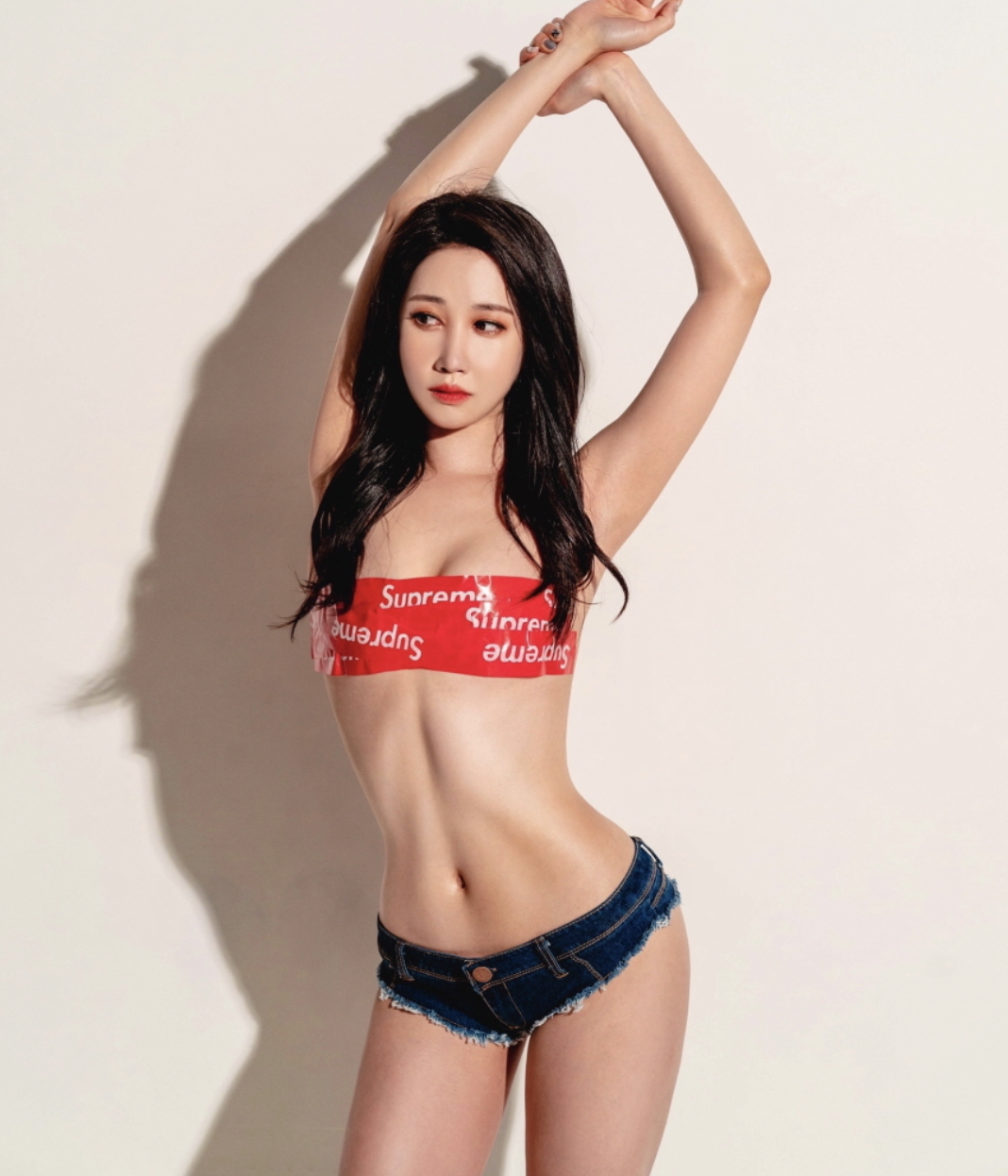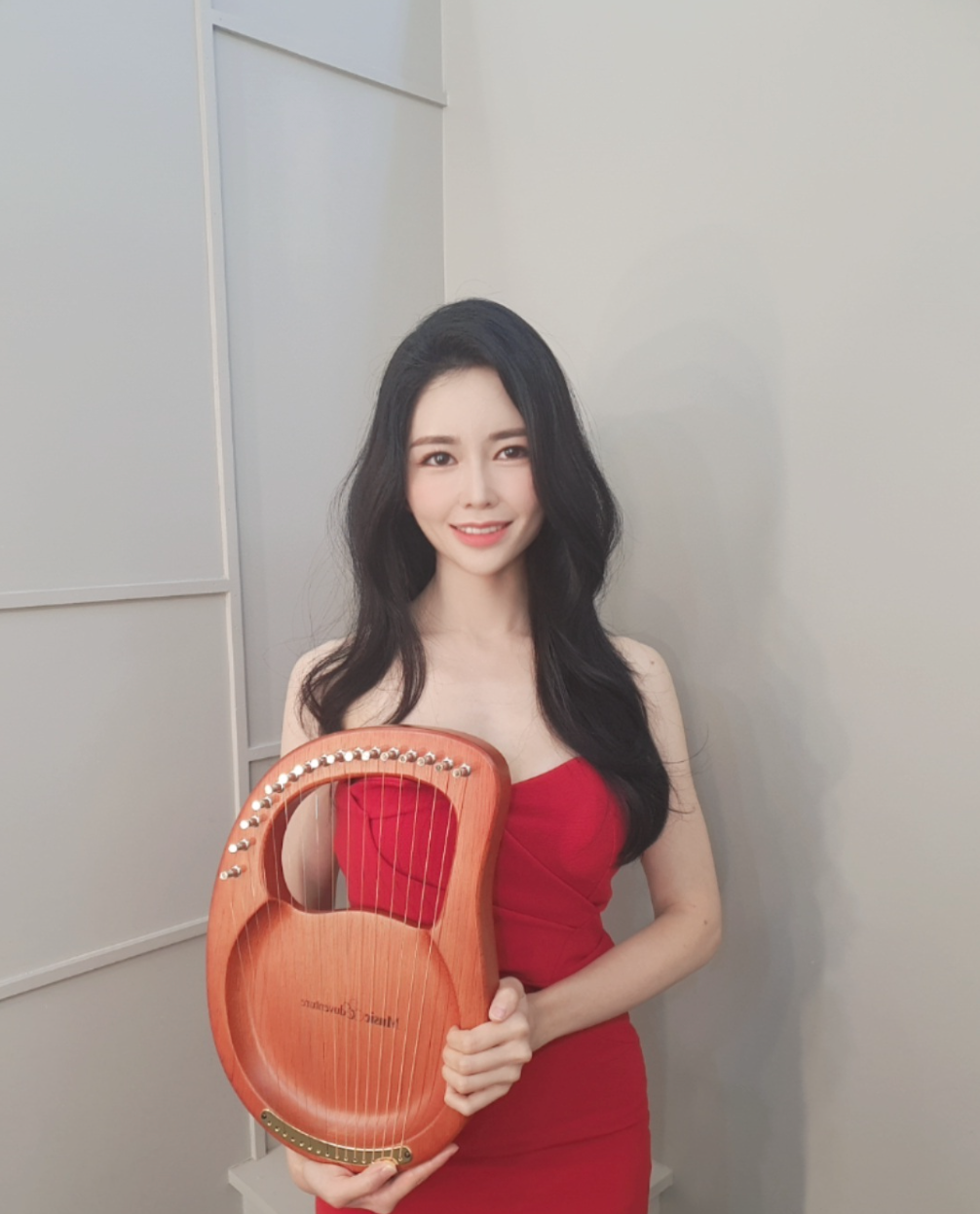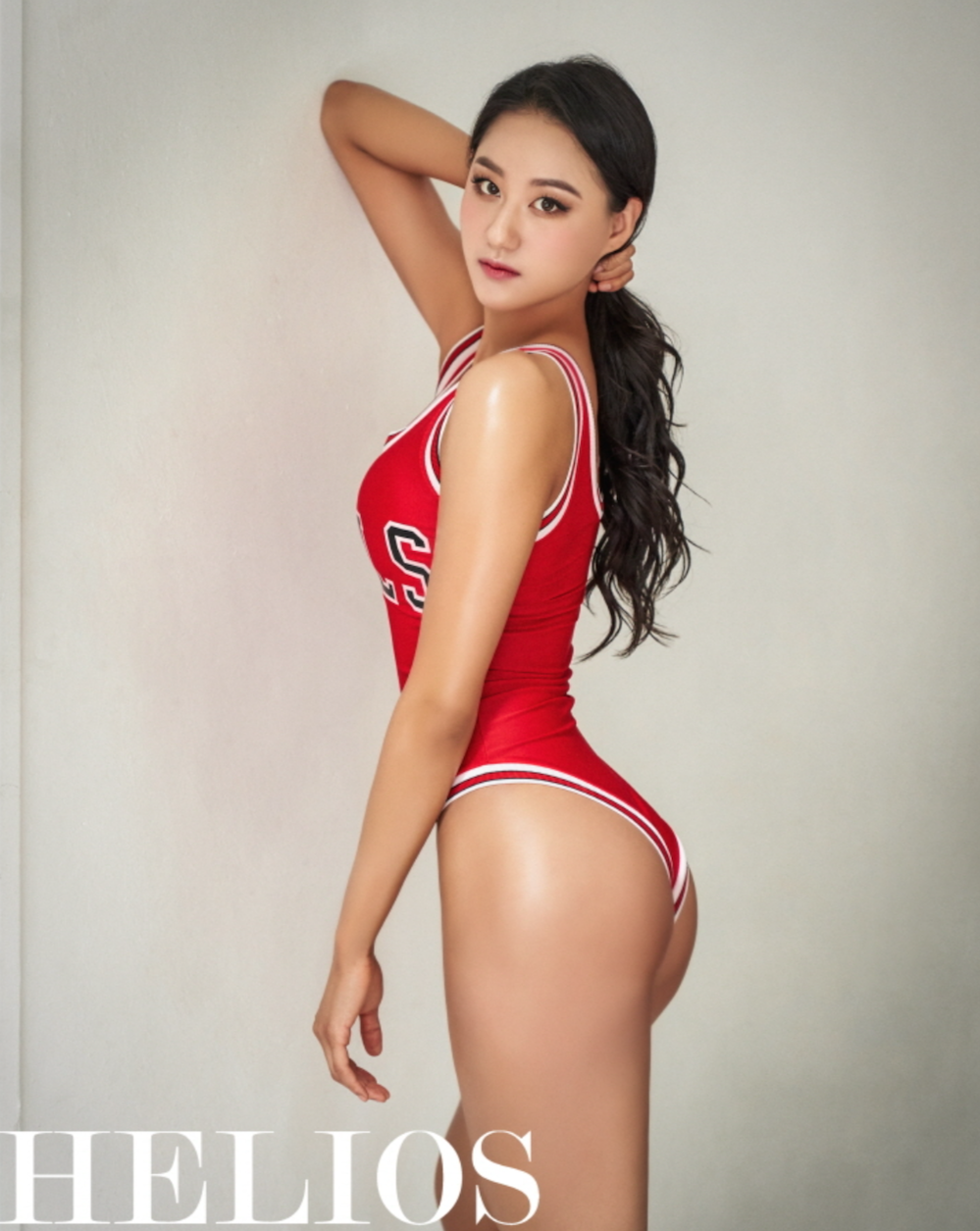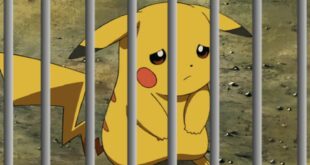According to the Bible, which was written by God, 35 is middle age. In your mid-thirties, you begin to understand a common phrase you’d heard among older people: “it feels like a lifetime ago.” You have two decades of adult experience behind you, and you’ve changed and done much since those early experiences, that you could almost confuse yourself with a character in a movie you watched.
Sitting here now, I can say that it feels like a lifetime ago that I was ordering a drink at a trendy cocktail bar in Tokyo, dozens of miles from my hostel, at 3 AM with no real idea how I was going to get back to the place I was to sleep. I was the only white man in the bar. A petite, moderately pretty, skinny young girl with small teeth and clear and abnormally pale skin was next to me, wearing a 1980s style punk rock denim jacket with DIY patches sewn on it. One of them was that Crass logo, and it struck me as bizarre that a Japanese girl who couldn’t have been more than 20 was a fan of this shitty niche communist punk band from the 80s.
Although I probably would have tried flirting with her regardless, I was genuinely interested in the jacket, which she wore over a thin strapped pink top that dipped far down her braless and nigh totally flat chest. Ripped black jeans and Vans tennis shoes completed an outfit that looked like a “80s punk rock chick” Halloween costume. While ridiculous, it was certainly cute.
“You listen to Crass?” I asked.
“Ohh, I’m sorry,” she said, smiling. “My English little.”
I pointed at the patch.
“Oohh, I don’t know. It’s just a fashion. Your eyes very beautiful.”
“That’s true,” I said. “I’m a member of the Aryan master race. You may have heard of us. Your entire culture nearly collapsed because we visited you in boats a couple hundred years ago.”
“Wow,” she said, and giggled, covering her mouth with her hand, something that I hadn’t realized Japanese women did in real life. I had assumed this was some kind of racist trope.
“I’m glad it didn’t completely collapse though, or we probably wouldn’t be standing here together right now.”
“Wow,” she said again.
I recall that the night ended well. The next day, she wore clothing that was of a completely different style – a rather formal (if a bit sexy) black dress.
That particular moment is a point stuck in my brain as one of many early learning moments about Oriental culture and its contrast with my own. Orientals have an extreme fixation with fashion, but unlike Western people, who use fashion as some kind of statement about their identity, the entirety of the interest is in whether something is aesthetic.
As you may be aware, there is a sect of people in the West who are presently fixated on “liberating” Oriental women. These people continue to view Asian women as refusing to go along with the program of feminism. Some of their writing is angry and in any other context – say, if they were criticizing the Islamic hijab – would be classified as racist. Other materials put out by the liberal Western media attempt to infer that Oriental women are engaged in various “empowerment” actions, a schtick that may be malicious or may be purely a result of a lack of any desire to actually understand the Orient.
For example, a Western journalist living in Asia who has zero interest in actually understanding Asian people could conceivably see the girl I met in that bar that night and write an article about how Japanese women are going punk and listening to Crass as a way to push back against patriarchal norms.
In fact, a person named Arian Khameneh, who appears to be an “Iranian-American,” wrote an article that is basically exactly that for The Guardian this week.
Khameneh writes:
When Yoo Wonhee was younger, she had a frail body and didn’t think of herself as strong. She says in the past, many Koreans would starve themselves to be skinny. Now, Yoo spends time building her muscles and says her chiselled physique is the envy of her peers.
“I just think having muscles looks cooler. I don’t want to be skinny, I want to be bigger. Social standards do exist of course, but for me, there is no better standard than being satisfied with yourself,” the 26-year-old says.
That quote was obviously weaseled out of her. He was the one who brought up “social standards.”
This is Yoo:
She’s got a nicer butt than most Asians, but she’s not exactly WWF material. She has musculature that any Korean women would have had 50 years ago before urbanization when virtually everyone worked on rice farms.
It is true that a woman having a more frail frame was considered high status, as it meant she didn’t work in a field. This idea of frailty being associated with status carried over into urban Korean culture, where now women who were not a part of the elite were able to abstain from physical labor. But it’s also true that working out and having tone muscle is healthy and makes people feel better, and it is true that fashion trends are constantly evolving among Asians.
Khameneh goes on to frame this as some kind of political movement.
Yoo is one of a growing number of South Korean women chasing a new beauty ideal that focuses on athleticism and strength. Known as “geongangmi” or “healthy beauty” it marks a shift away from a traditional idea of beauty that prioritised being thin and pale. A geongangmi is muscular, active and sun-kissed. Prominent women who are considered geongangmi include pop star Hyolyn and popular actor and amateur boxer Lee Si-young.
“If white tanning was popular in the past, there are a lot of people now who want dark-toned skin, as many celebrities these days have a brown tan as well,” Yoo says.
That is again some kind of provoked quote. Remember that this is being written by an Iranian – who from the pictures I saw has rather dark skin – and that Persian culture (like virtually every other non-European culture on earth) is obsessed with skin tone as a signifier of social status.
But it’s just a lie. He is manipulating the language between the fashion photography she does and her actual skin.
Here is a picture of her when she’s not doing the “geongangmi” thing:
She didn’t go to a tanning bed. She is either using some kind of body oil, or the photos are filtered somehow. No Korean woman is going to go to a tanning salon unless it is recommended by a doctor for some reason, and even then they might do the unthinkable and disobey the doctor.
After faking the entire premise here, he brings in data to support a lie.
Market research company Euromonitor says the “healthy beauty” phenomenon has been picking up pace among Korean millennial and generation Z over the last two to three years. People in their 20s who regularly attend gyms more than doubled in the four years to 2020, census data show.
Koo Hyun-kyung, 29, owner and personal trainer at Timber, a women-only gym that specialises in strength training and weightlifting, says that for many clients, priorities have shifted from losing weight to enhancing their quality of life.
Yes, people feel better when they have muscle tone. But this is probably much more related to a fashion trend where having your butt pop out a bit is considered cute at the moment. It’s also a sign of status that you have the money and free time to spend on such pursuits.
It’s not political.
Also, people going to the gym does not even mean that they are going for a new look. I’m not up on the current chit-chat on women’s television in Korea, but I suspect that people are coming on and saying “I started to have more energy from going to the gym,” and that is completely unrelated to a select few girls doing fitness photoshoots.
Here’s the bottom line of this article – a quote from the gym owner:
She says women aiming to improve their appearance to attract men has given way to a desire to have a “well-functioning body”.
Again, Asian people are polite and agreeable, so getting these kinds of quotes out of them is very easy. They will just say whatever they think will make you feel happy.
Yoo, who this article is structured around, is not a celebrity. She placed 24th in the “gym body” contest that the header image used by The Guardian was pulled from.
This woman placed first:
Second place was a plastic surgery mess who does not look like she goes to the gym at all.
Third place definitely has a nice ass, but is no type of “body builder.”
That’s just a healthy-looking, pale-skinned Asian who maybe went a little bit too far with the face work.
The Guardian couldn’t use any of the top three winners for their story, because none of them has the black-tinted photos, and none of them has the kind of muscle the author of this story wanted to claim Koreans are now obsessed with.
This article is pure fake news, designed to paint a completely false picture of something happening in a country none of the readers have ever been to and know nothing about.
This is the way most news works, and it is the way all news about Asia works. The media has been claiming that China is on the verge of a youth uprising for three decades. The original youth they claimed were going to rise up are all in their fifties, deeply engaged with the system we were told they were going to overthrow.
An interesting story about Korean women’s fashion would relate to the fact that they bleach their skin and have tens of thousands of dollars’ worth of surgery to make themselves look more like classic European ideals of beauty. But that story wouldn’t fit this bizarre narrative that “Asian women are rejecting femininity to become more like aggressive man-hating white beasts.”
 Daily Stormer The Most Censored Publication in History
Daily Stormer The Most Censored Publication in History
